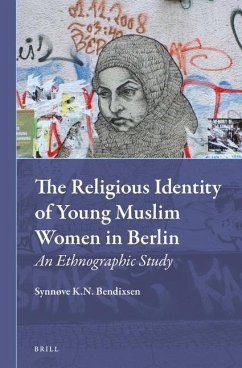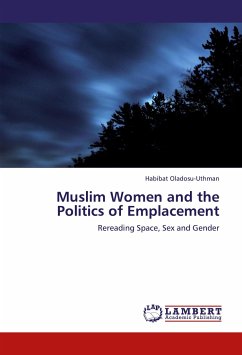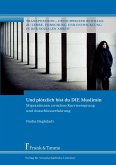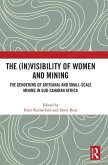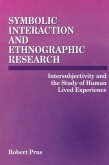The Religious Identity of Young Muslim Women in Berlin offers an in-depth ethnographic account of Muslim youth's religious identity formation and their engagement with Islam in everyday life. Focusing on Muslim women in the organisation MJD in Germany, it provides a deeper understanding of processes related to immigration, transnationalism, the transformation of identifications and the reconstruction of selfhood. The book deals with the collective content of religious identity formation and processes of differentiation, engaging with the changing role of religion in an urban European setting, restructuring of religious authority and the formation of gender identity through religion. Synnøve K.N. Bendixsen examines how the participants seek and debate what it means to be a good Muslim, and discusses the religious movement as individual engagement in a collective project.
"At last, a richly-textured, ethnographic study which takes religiosity seriously. This fine study of young women's involvement in a particular, Islamic movement in Berlin illuminates the reasons for 'the turn to Islam' of a new generation in Europe. [...] Marked throughout by methodological and analytical sophistication, it challenges many easy generalisations about how Muslims born and educated in Europe appropriate Islam." Philip Lewis, University of Bradford.

